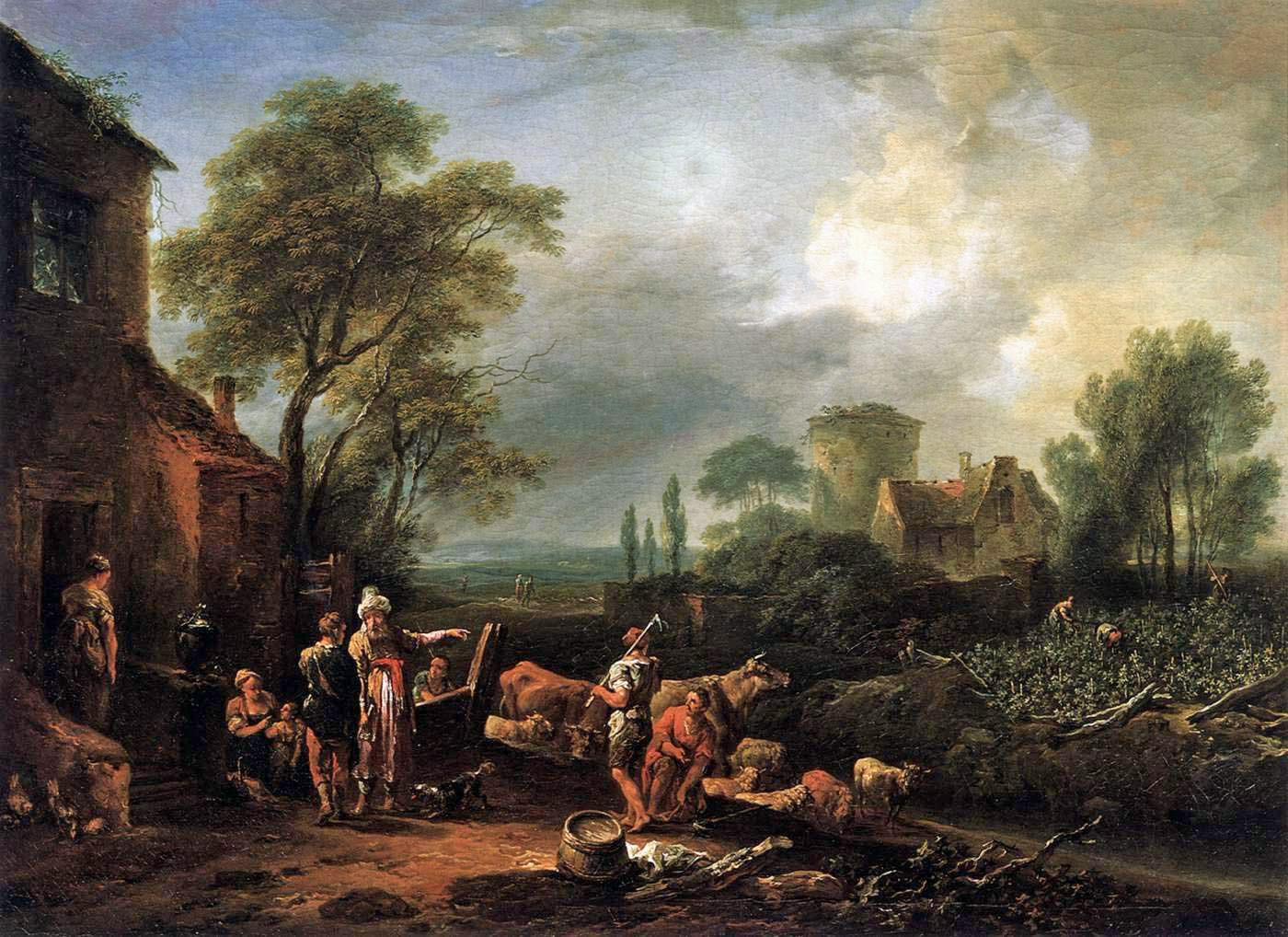Bach Cantata Day Information:
Septuagesima - Third Sunday before Ash Wednesday
The 70th day before Easter. Liturgical period : Ordinary time I.
Occurrences: January 28 2024, February 16 2025, February 1 2026, January 24 2027, February 13 2028, January 28 2029, February 17 2030, February 9 2031, January 25 2032, February 13 2033, February 5 2034, January 21 2035, February 10 2036, February 1 2037.
Music for this day
- Nimm, was dein ist, und gehe hin, BWV 144
(first performance 6 February 1724, Leipzig period) - Ich hab in Gottes Herz und Sinn, BWV 92
(first performance 28 January 1725, Leipzig period) - Ich bin vergnügt mit meinem Glücke, BWV 84
(first performance 9 February 1727, Leipzig period)
Septuagesima gets its name because it is less than 70 days (but more than 60) until Easter. It is also the 3rd Sunday before Ash Wednesday.
This pre-Lent period, Shrovetide, was for Bach and his contemporaries the countdown to one of the most sacred periods in the liturgical calendar. No wonder he created important cantatas for this day, all of them from the Leipzig period.
Nimm, was dein ist, und gehe hin, BWV 144, and Ich bin vergnügt mit meinem Glücke, BWV 84, are both based on the Evangelical reading of the day from Matthew, the parable of the workers in the vineyard, which summons Christians to be content with what God gives them.
Ich hab in Gottes Herz und Sinn, BWV 92, is from Bach's chorale cantata cycle, and is based on a hymn from 1647 by Paul Gerhardt (1607-1676), a German theologian, Lutheran minister and hymnodist. It is Bach's only cantata based on a hymn by Gerhardt.
Extra information
The Netherlands Bach Society website has more information and performances of BWV 84 and BWV 144:
https://bachvereniging.nl/en/bwv/bwv-84/
https://bachvereniging.nl/en/bwv/bwv-144/
Playlist
WBC17-Septuagesima - Third Sunday before Ash Wednesday

Choose one of these streaming services to listen to this playlist:
Image of the day

The parable of the workers in the vineyard by Austrian painter Johann Christian Brand (1722-1795).